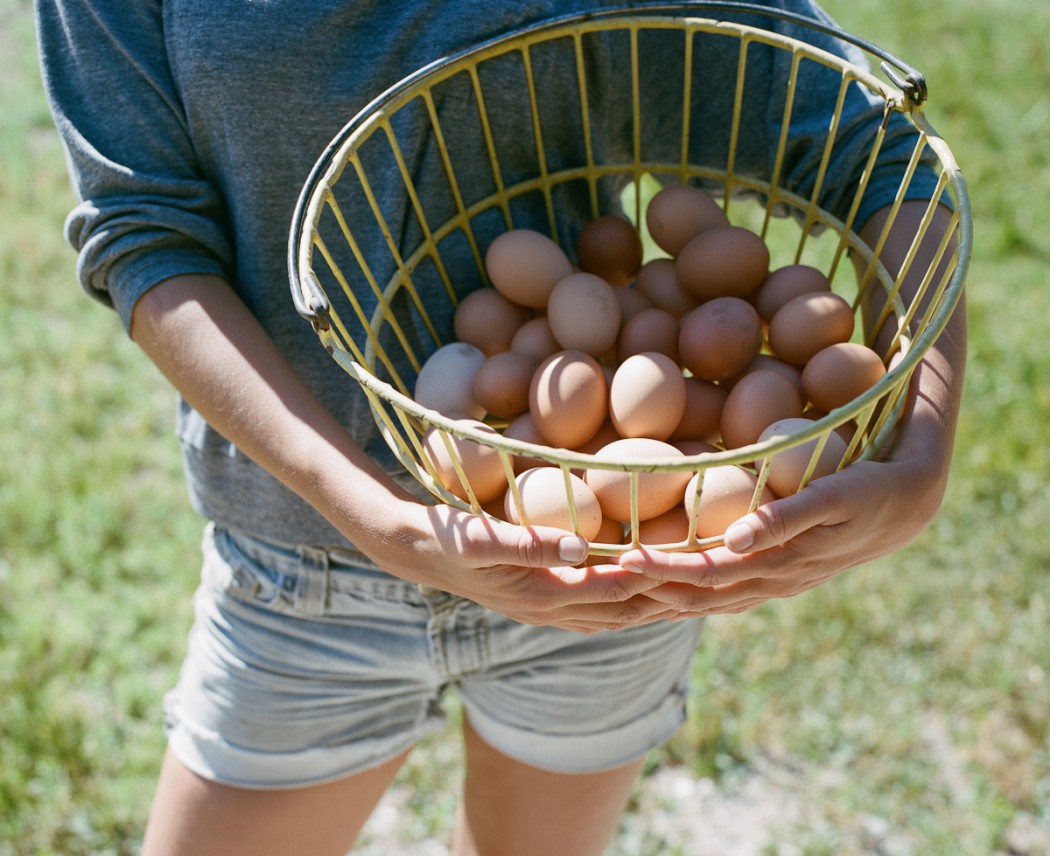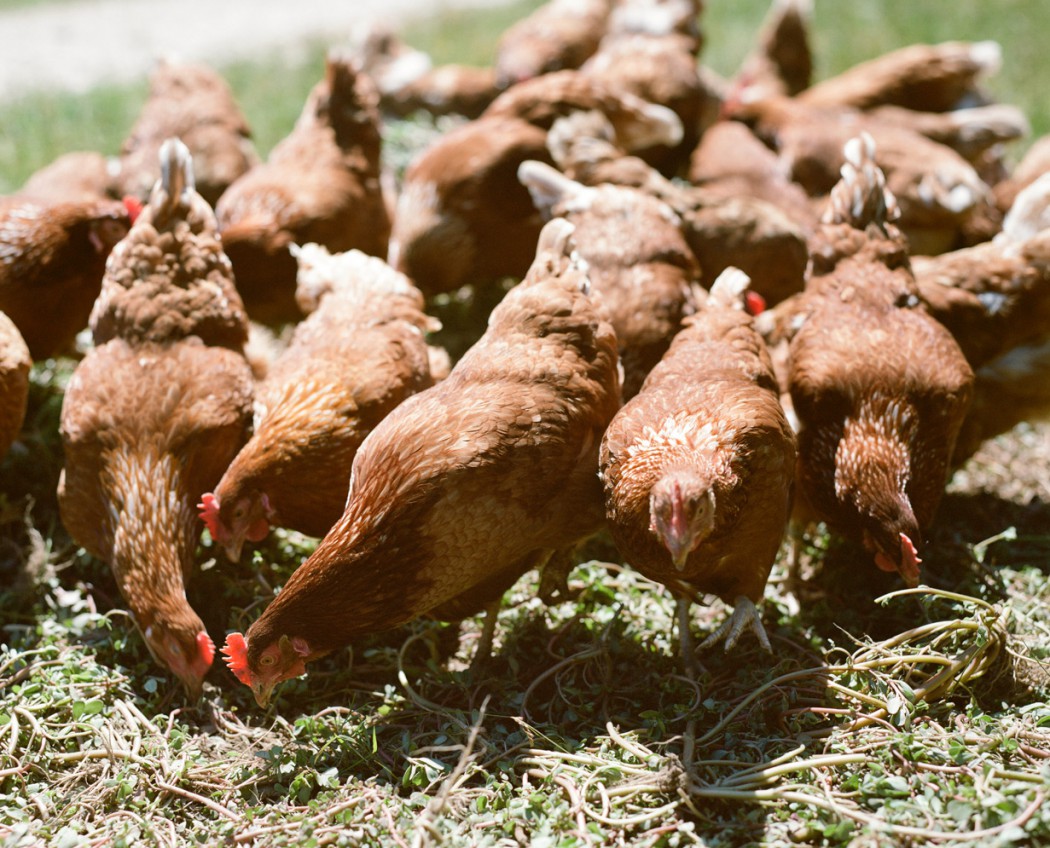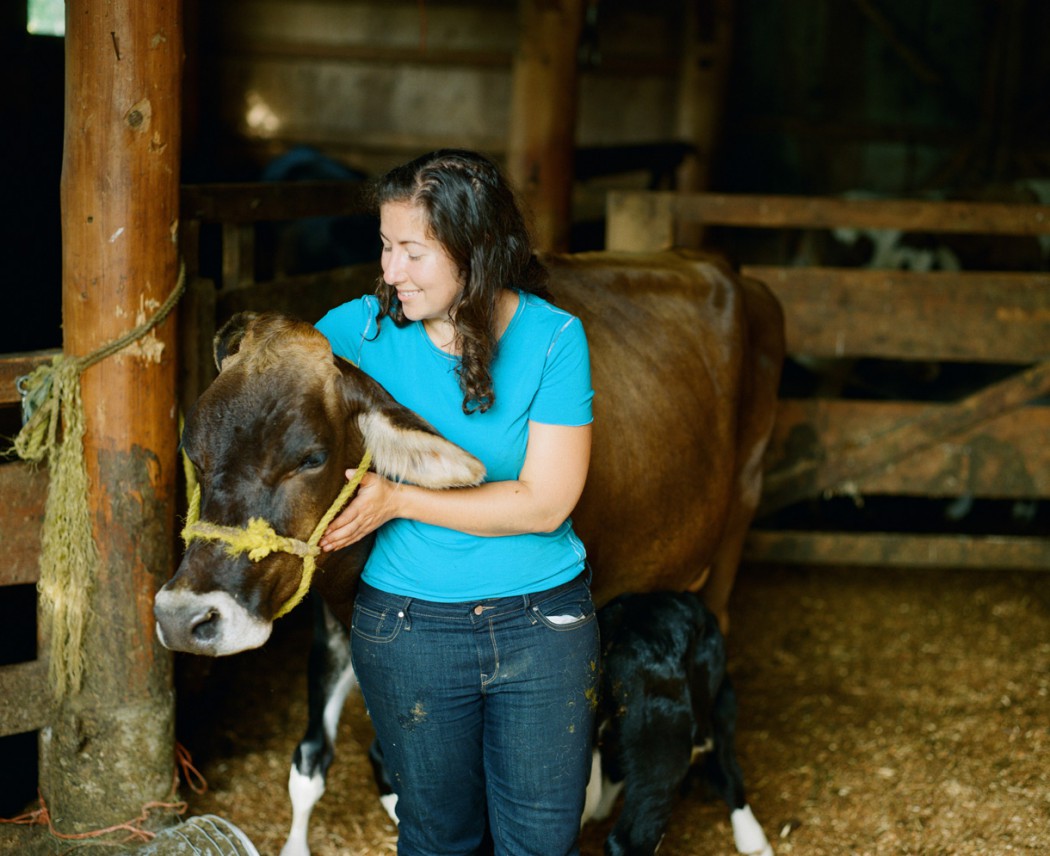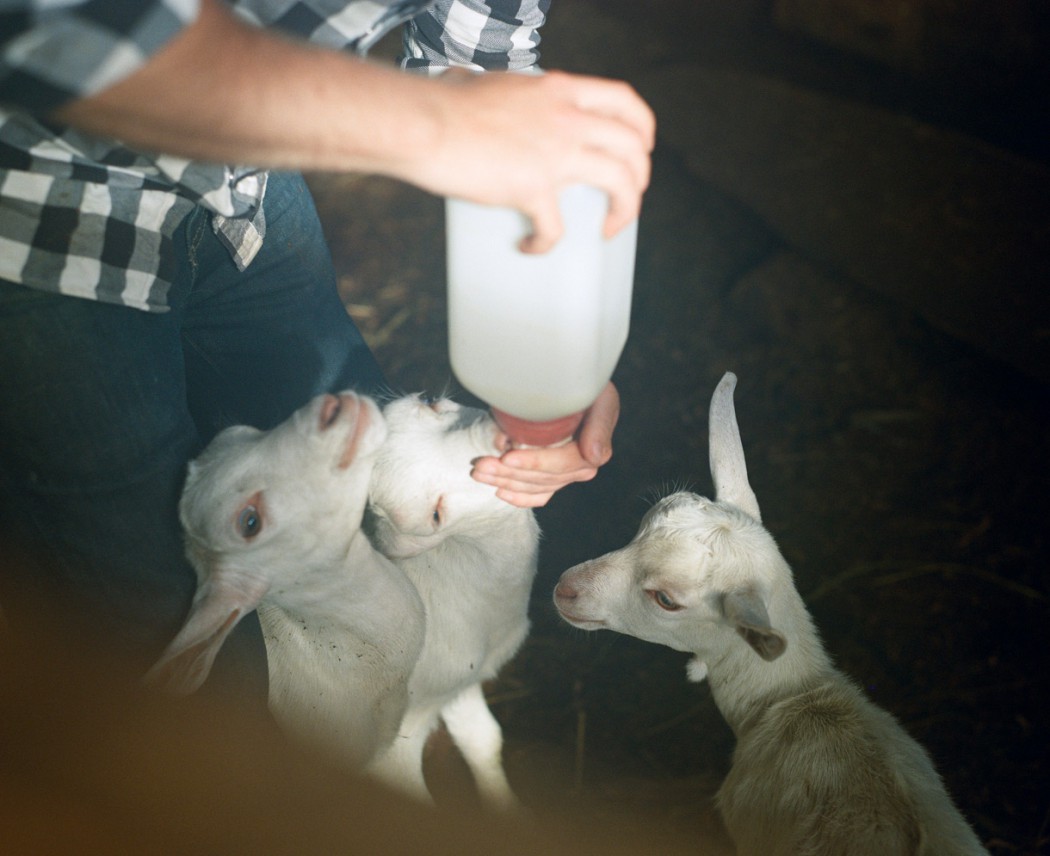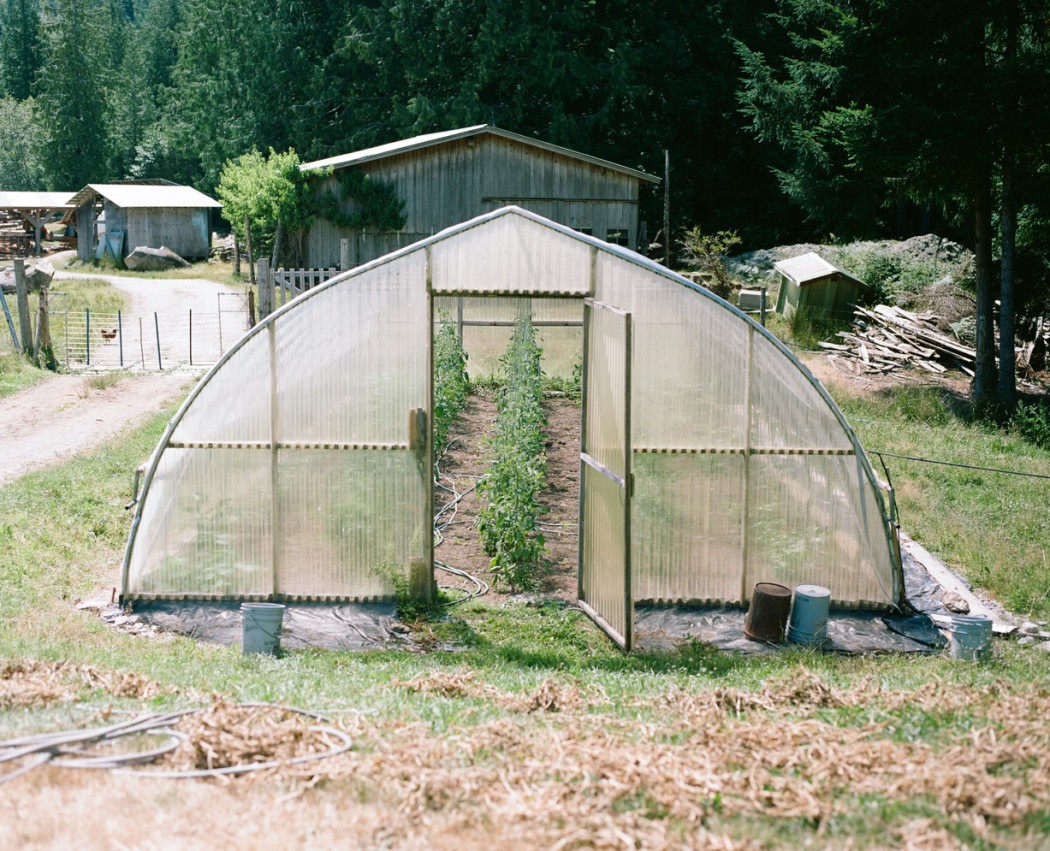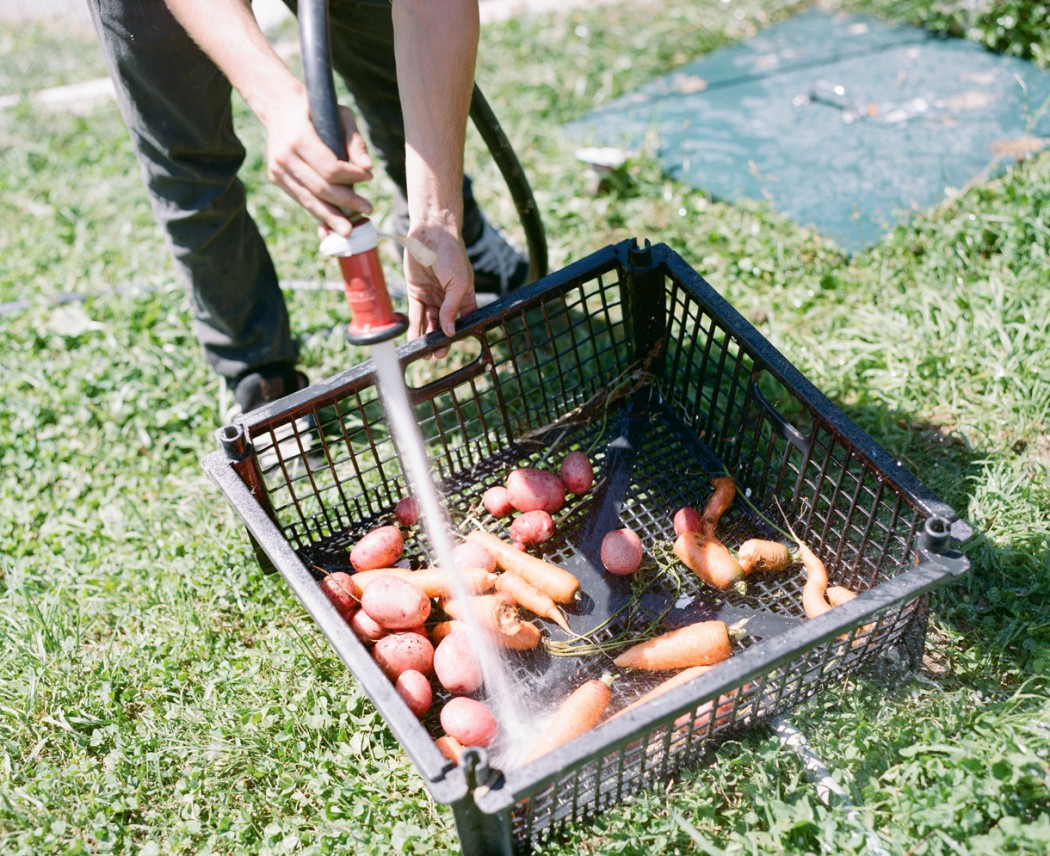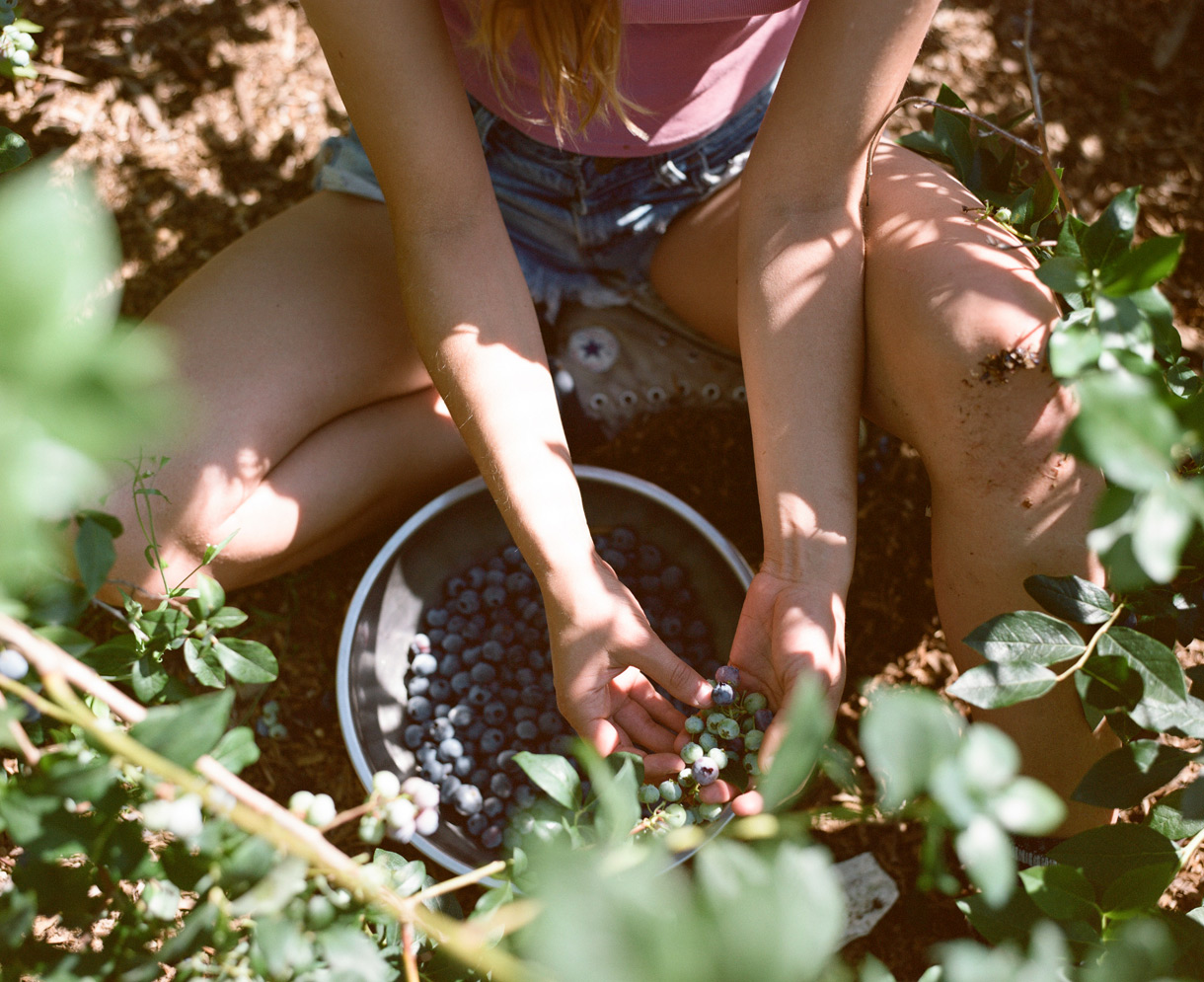WWOOF and SOIL
Getting Here
Please see our contact page for directions to the farm. WWOOFers, please respect farm biosecurity: Do not bring any produce that could grow in this region (especially apples and blueberries), soil or animal products onto our farm. If you are arriving from another farm, please scrub your footwear. Thank you for helping protect our animals and food crops from disease.
We enjoy having WWOOFers and SOIL apprentices and look forward to meeting them. You can apply to volunteer and live at BlueJay Lake Farm through the WWOOF or SOIL websites.
The WWOOF Agreement
BlueJay Lake farm hosts volunteers mainly through the WWOOF (Worldwide Opportunities on Organic Farms) and SOIL (Stewards of Irreplaceable Land) programs. These are opportunities to live and learn at BlueJay Lake farm in exchange for helping out with farm jobs. We operate year round, have WWOOFers and SOIL apprentices that are both long-term residents and short-term volunteers, and offer a diversity of farms tasks as well as opportunities for learning and exploring the area. There are usually anywhere from 12-18 people living on the property at any given time.
We love good food and enjoy cooking and eating together. Meals are shared, as is the preparation and clean-up . We make our own butter, yogurt and cheese, and preserve vegetables, fruit, meat and fish so we can enjoy them year round.
There are many activities that can be enjoyed in your time off. Summer is great for swimming, canoeing, kayaking and fishing. In the winter you can soak in the hot tub and sometimes venture onto the lake with skates. There are many hiking and biking trails that can be accessed right from the farm. The ocean is 20 minutes away.
Work-Trade Arrangement
The work trade arrangement is for 30 hours of work per week, some of which is made up of daily chores like cooking, housekeeping, and animal care. The remainder of the 30 hours is used for other farm jobs, with plenty of flexibility in scheduling – which allows for an afternoon dip in the lake, or working early/late to beat the heat in the summer. We have a farm meeting in the morning, where we discuss which jobs are priorities for the day and ensure each worker feels able, supported and interested in the tasks they have responsibility for. Common jobs include gardening, pruning and picking fruit, stacking firewood, maintaining the farm grounds and buildings, and processing and preserving. Everyone has one full day off per week and weekends that are free from farm work (although there are still the regular chores on the weekend).
Living at the Farm
We have a number of small, comfortable buildings available, and your use of them depends on their availability. There is always the option of a tipi or tent at the lake. Meals and some social activities are shared in the farm house. Our power is generated on the farm through micro hydro in the creek and solar panels, so we have limited electricity and often need to conserve it. We do not have appliances like microwave ovens, toasters, or clothes dryers. The washroom in the farm house has a hot shower and laundry facilities. Like many areas of Cortes, the farm does not receive a cell signal (need to canoe to the middle of the lake). Although we have internet this is limited, and although we can check our emails and browse, we cannot stream or download much. We know that many of you prefer to travel light – bring comfortable work clothes and from May to Sept – including your bathing suit. For those who choose not to carry them, we have an assortment of rubber boots, work gloves, sun hats, and rain gear. Cortes also has a Free Store with an assortment of clothing and footwear.
Cortes Community
Cortes Island has a vibrant and eclectic community of alternatively minded people. There are many places to explore on the island, and many ways to interact with the wider community. If you don’t have a vehicle, hitching rides is common and cycling is also possible, although the hills are challenging.







